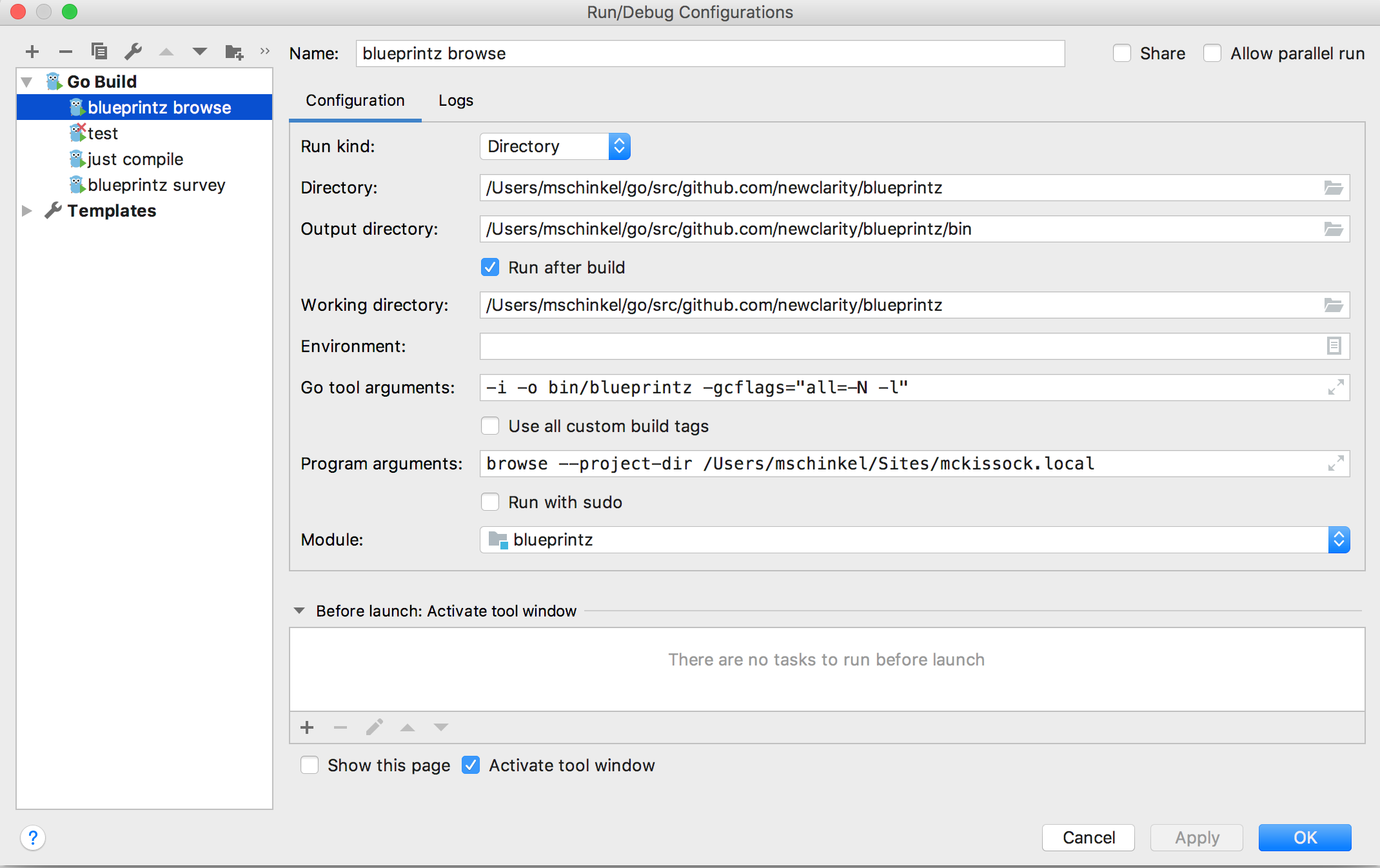@deanveloper
https://github.com/vmware/dispatch/wiki/Configure-GoLand-with-golint
Certainly that exists, but you are comparing apple-to-organges. What you are showing is a file watcher that runs on files changing and since GoLand autosaves files that means it runs constantly which generates far more noise than signal.
The lint always does not and cannot (AFAIK) be configured to as a pre-condition for running the compiler:

No, it doesn’t change the spec. Not only does the grammar of the language continue to remain the same, but the spec specifically states:
You are playing with semantics here instead of focusing on the outcome. So I will do the same.
I request that a compiler option be added that will disallow compiling code with try(). That is not a request to change the language spec, it is just a request to for the compiler to halt in this special case.
And if it helps, the language spec can be updated to say something like:
The interpretation of
try()is implementation-dependent but it is typically a one that triggers a return when the last parameter is an error however it can be implemented to not be allowed.

I like this proposal overall. The interaction with
deferseems sufficient to provide an ergonomic way of returning an error while also adding additional context. Though it would be nice to address the snag @josharian pointed out around how to include the original error in the wrapped error message.